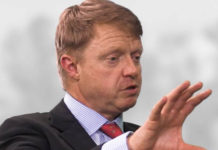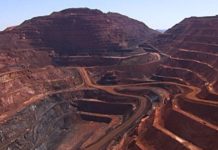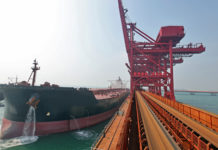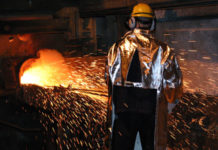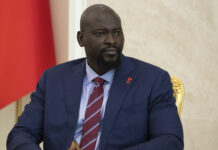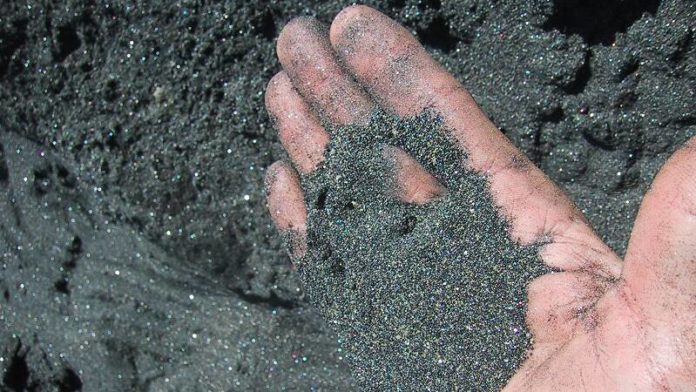
SOUTH African authorities are mulling a 25% levy on raw chrome ore exports as part of efforts to rescue the beleaguered ferrochrome sector, which has haemorrhaged jobs amid crippling electricity costs, said Business Times on Sunday.
A draft economic growth strategy proposes the export duty to maintain lower domestic chrome prices whilst calling for preferential power tariffs for ferrochrome producers. The framework targets 3.5% economic expansion and increased investment in fixed assets by 2030, the newspaper said.
South Africa has over 70% of global chromite reserves, the primary ingredient in ferrochrome, which is essential for stainless steel manufacturing. However, above inflation electricity cost increases have forced major producers to close smelters, threatening up to 250,000 positions.
Approximately 14 smelter closures in recent years have eliminated 350,000 jobs throughout the ferrochrome supply chain. Glencore recently announced redundancies at facilities it operates with Merafe Resources, affecting sites in Rustenburg, said Business Times.
Cabinet approved an export tariff earlier this month without specifying the rate, alongside new permit requirements administered by the International Trade Administration Commission.
Chrome ore miners have condemned the proposal as counterproductive. Chrome SA, representing companies including Sibanye-Stillwater and Tharisa, argued that export restrictions would damage already marginal operations whilst failing to address electricity affordability, the newspaper said in its report. Last year’s chrome ore exports earned R84bn in foreign currency, it said.
Conversely, Menar managing director Vuslat Bayoglu championed the tax, calculating that a 25% levy could raise R34bn annually based on current prices and export volumes, providing ample funding for smelter electricity relief.
The Ferro Alloy Producers Association remained ambivalent, prioritising action against illegal mining, which accounts for roughly 10% of chrome exports. Chairman Nellis Bester emphasised that competitive electricity tariffs represented the only viable solution, noting just eight of 80 furnaces remain operational.
Recent negotiations between Electricity Minister Kgosientsho Ramokgopa, Glencore, Samancor and Eskom yielded no resolution, said Business Times.




